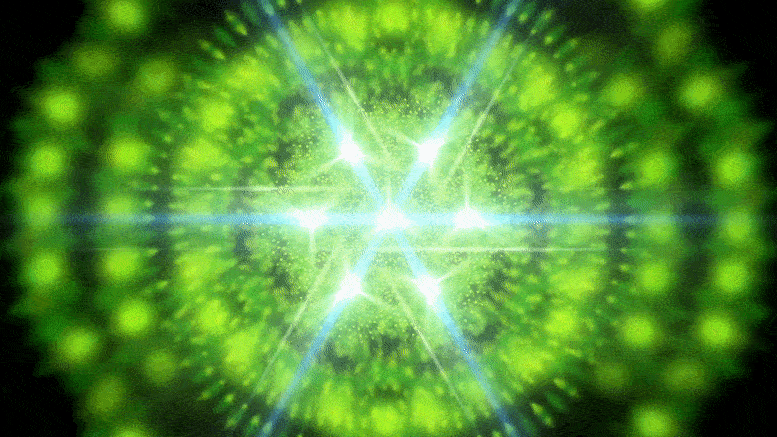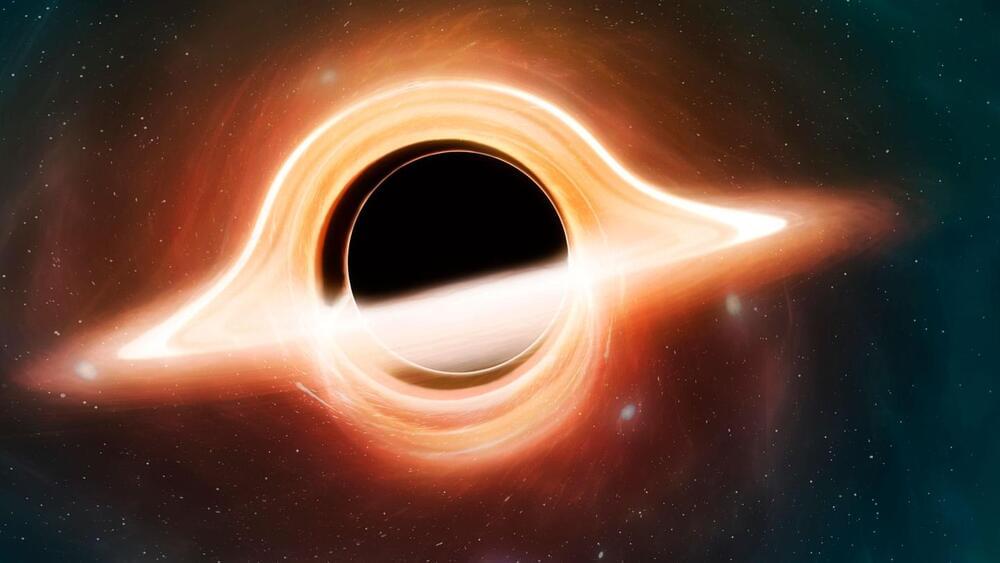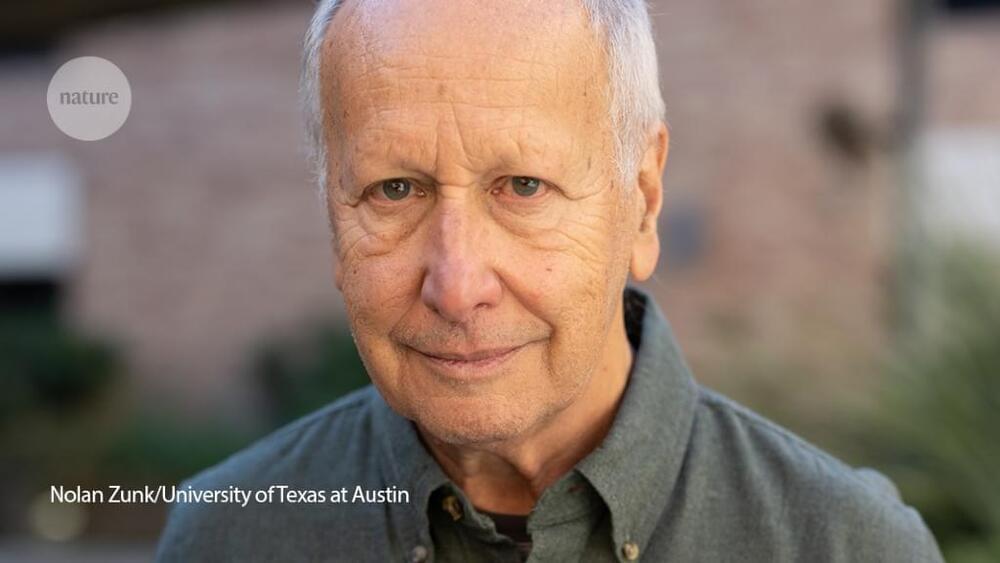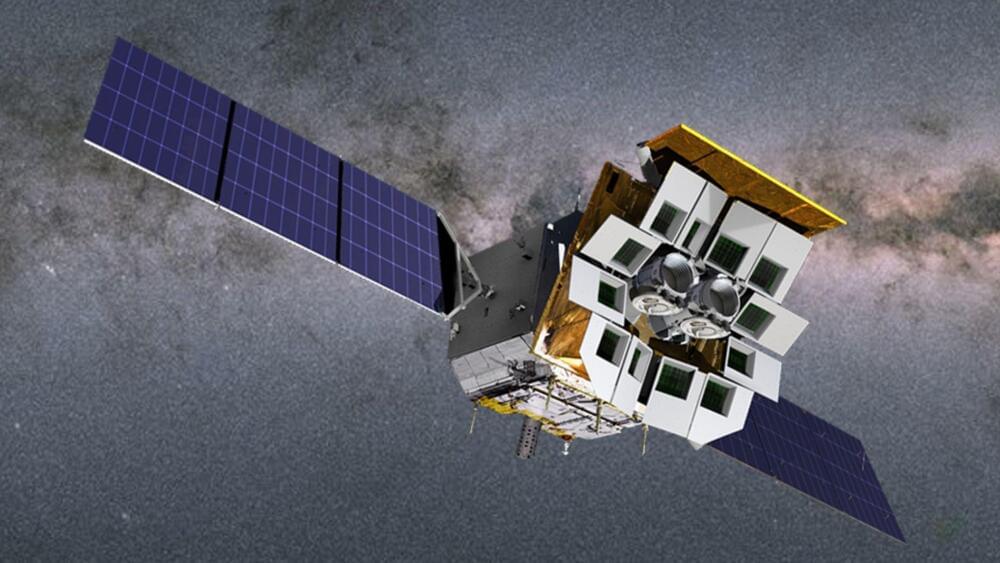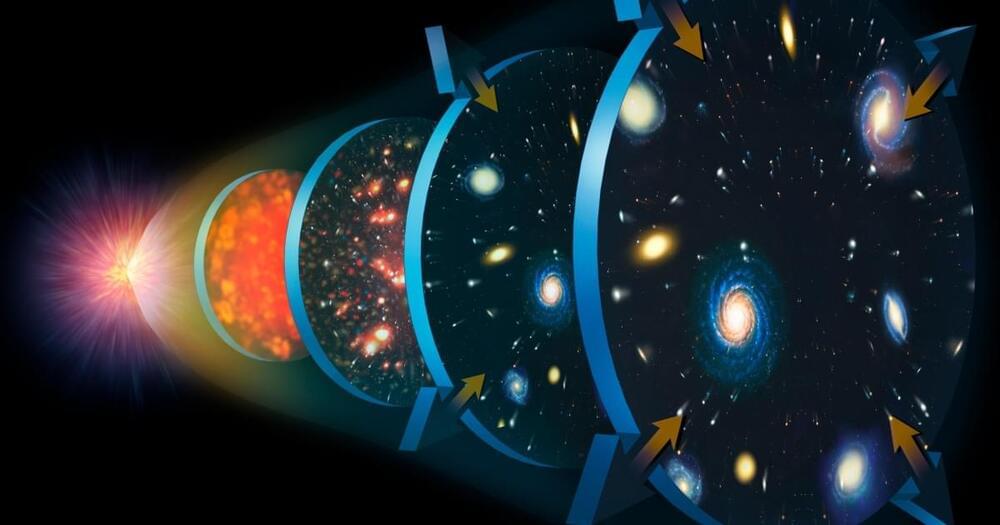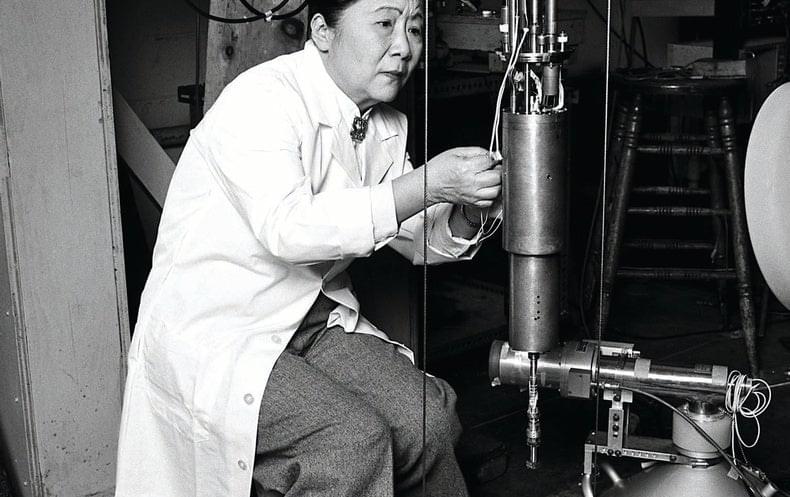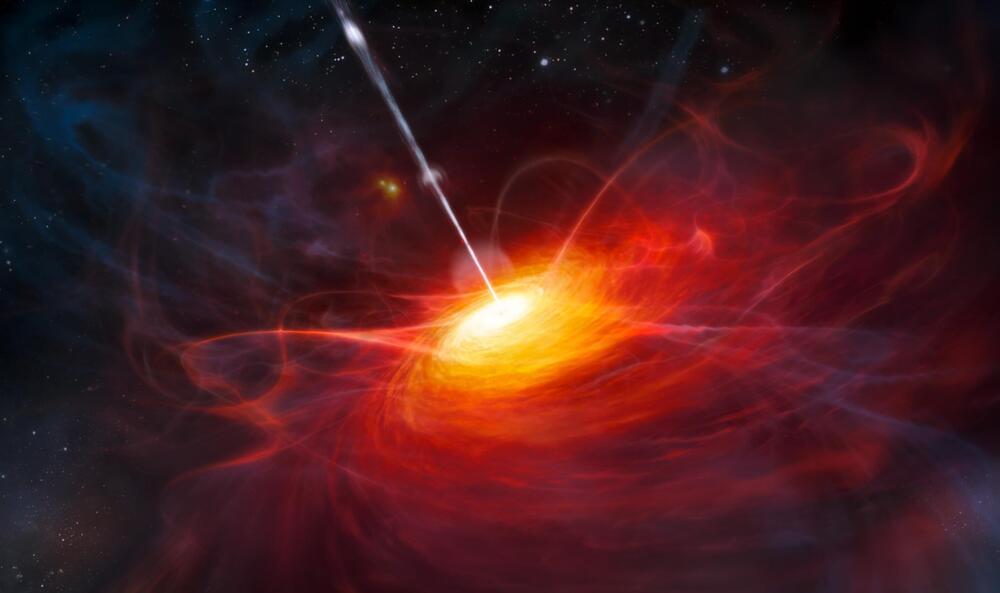A team of Rutgers University scientists dedicated to pinpointing the primordial origins of metabolism – a set of core chemical reactions that first powered life on Earth – has identified part of a protein that could provide scientists clues to detecting planets on the verge of producing life.
The research, published on March 10 in the journal Science Advances.
<em>Science Advances</em> is a peer-reviewed, open-access scientific journal that is published by the American Association for the Advancement of Science (AAAS). It was launched in 2015 and covers a wide range of topics in the natural sciences, including biology, chemistry, earth and environmental sciences, materials science, and physics.
